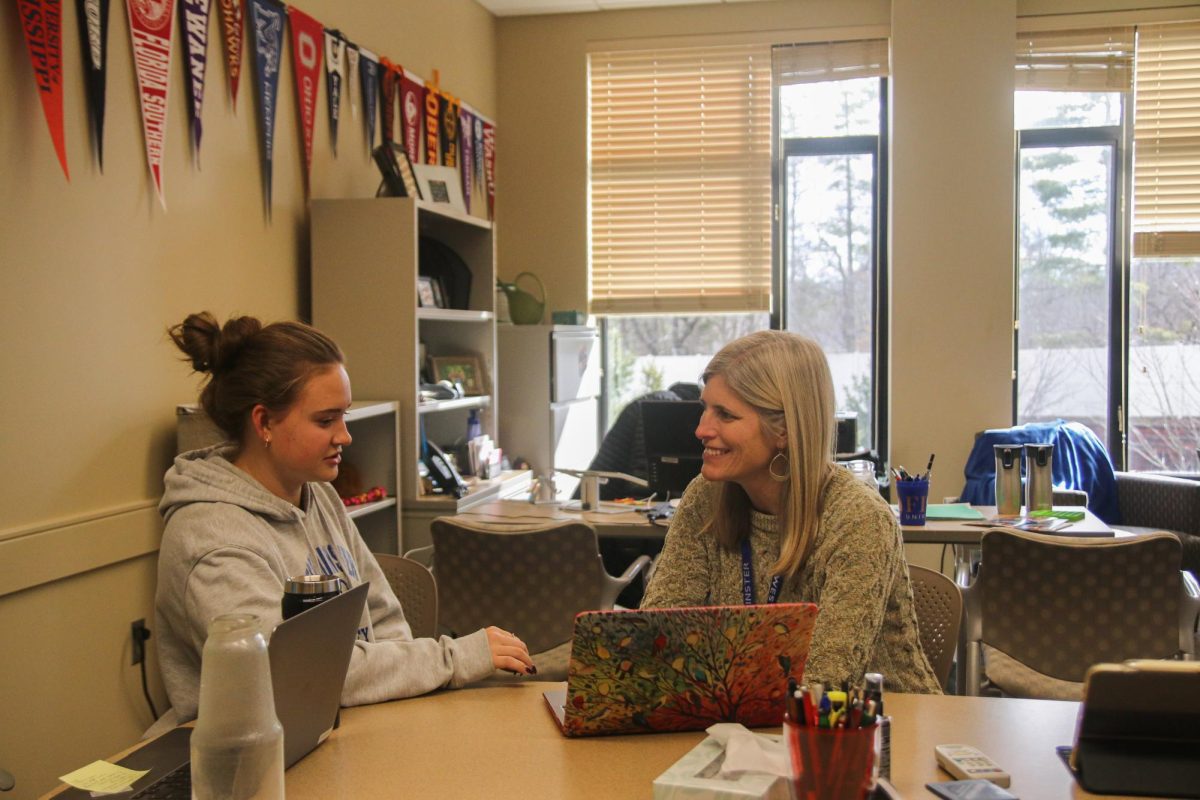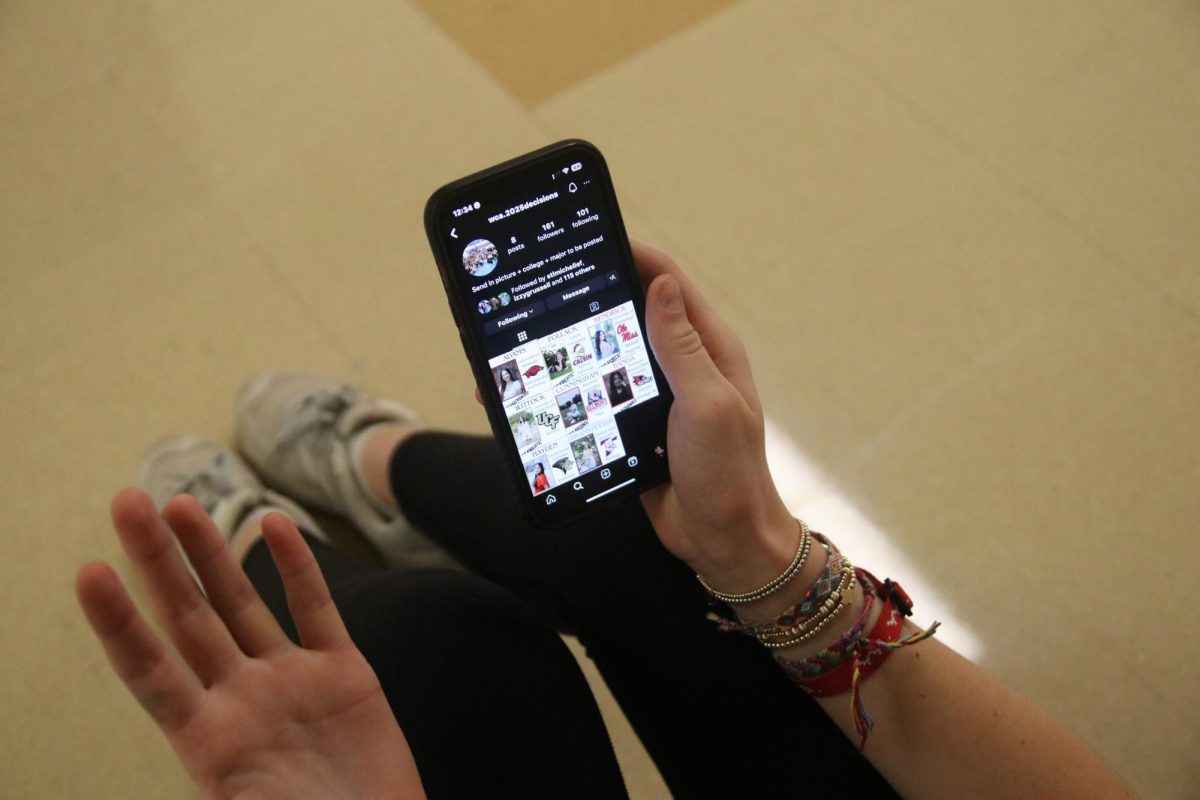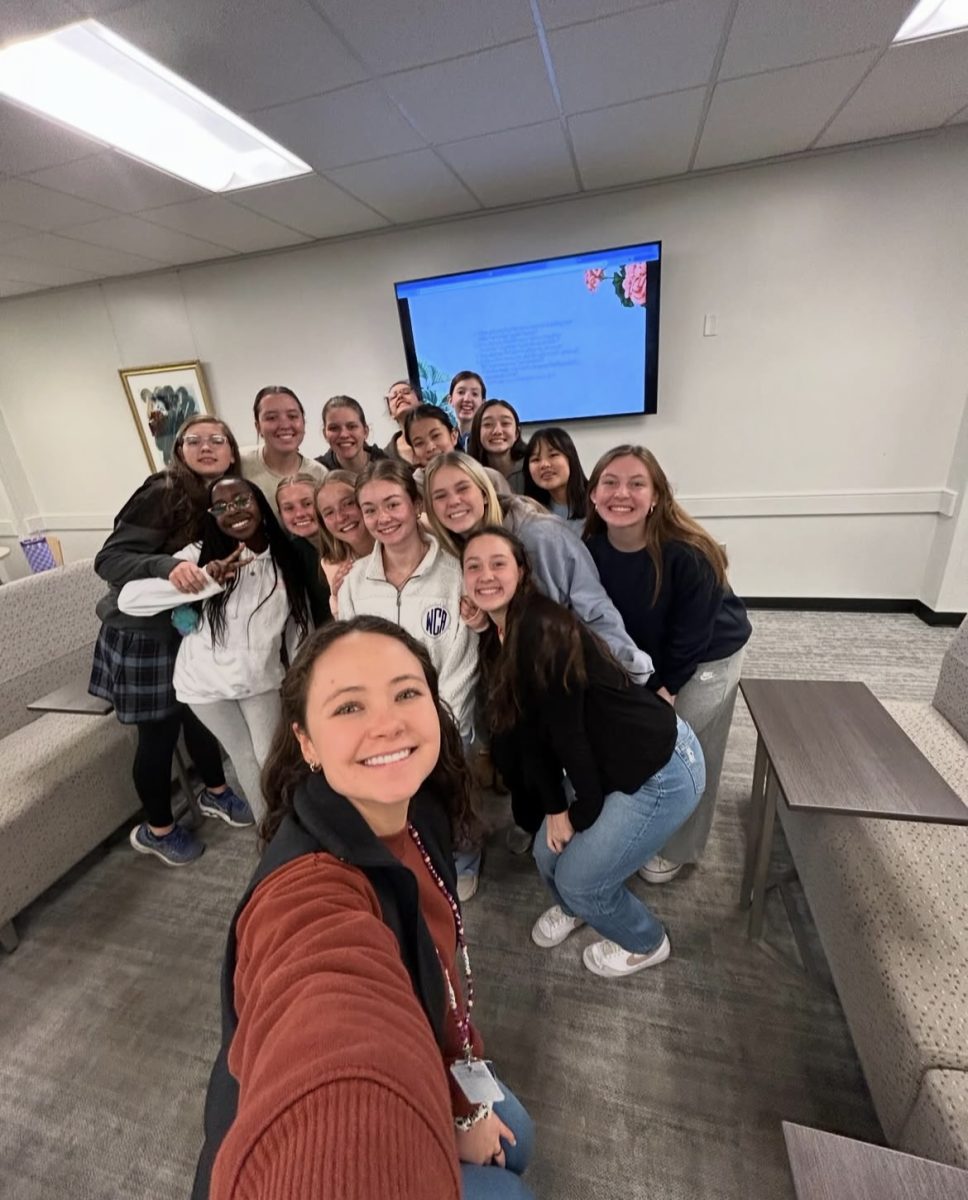“Prepare and equip more young men and women to engage the world and change it for Jesus Christ” is Westminster’s self-proclaimed vision for its students. While every faculty and staff member at WCA is ingrained with that message, no one applies it practically quite like the college counseling department at Westminster, consisting of counselors Max Pott, Karen Pollack, and Nicci Hsu. With nearly 200 students graduating from Westminster each year, most looking for a suitable place to spend the next 4 years of their academic careers, the college counseling department is an integral part in helping WCA seniors transition from high school into university life.
In addition to their typical duties of sending transcripts, facilitating standardized testing, and acting as a liaison between students and universities, college counselors dive much deeper into the needs of each individual student, guiding them through the college admissions process to ensure that each student finds a university where they can grow socially, spiritually, and academically.
In January of each year, for instance, Pott, Pollack, and Hsu meet with junior students and their parents to devise a Junior college action plan (JCAP). Here, each counselor learns more about the individual needs of each student and his/her family, something that Pott says is a stark contrast from the scene in many area public schools. “Less of us; more kids,” Pott said in regards to other schools’ departments as opposed to Westminster’s. In one high school for instance, there is just 1 counselor assigned to an entire senior class of over 600 students. At Westminster, that ratio is closer to 1 counselor for every 60 senior students.
Unique to Westminster’s college and career department is that all three counselors started their careers in teaching. As opposed to their previous roles of managing large classrooms, their current role allows for an intimate 1-on-1 setting with students, something that is invaluable to both the students as well as the counselors themselves. Externally, the recent change in many universities’ policies to become test optional is another step towards valuing the individuality of each student. Instead of simply looking at an SAT or ACT score as many college admissions departments have in the past, Pott says that universities are beginning to value the fact that “students are so much more than numbers.” As he also put it, “the door is no longer padlocked closed” for students who don’t test well, but are incredibly gifted in other aspects of their education as a whole.
Another aspect of the college admissions process that all three counselors place a heavy importance on is finding a way for students to make a seamless transition from Westminster to their college of choice academically, but especially spiritually. As Pollack put it, “thinking about our calling, and what that means for the bigger picture in the kingdom of God” is essential in ensuring that students are prepared and equipped to change the world for Jesus Christ; a lofty but attainable goal.
While the relational role of the college counselors cannot be overstated, their practical role is arguably just as important. In the graduating class of 2023 alone, 99% of students found a college home. Of those students, the average one was offered $132,753 in scholarship funds. For reference, the average cost of attending college for 4 years in America, including tuition, fees, on-campus room and board, books, and supplies, is $146,000.
Additionally, with the help of the college counseling department, students in last year’s graduating class averaged an ACT score of 25. For reference, the average score of a Missouri high-schooler is 19.8. That’s over 26% higher than the state average! Nationally, the top 25% of students average a score of 24. At Westminster, that number is 31.5.
From their very first meetings with Juniors and their families to celebrating college acceptance letters, the college and career counseling department at Westminster is integral in transitioning students from their roles as high school students to their duties of entering the real world and making a positive, impactful difference in whatever setting God has put them in. Though their roles are endless and their importance cannot be overstated, each counselor stresses that the most important part of their work at Westminster lies not in an essay, transcript, or acceptance letter, but in the relationships they are able to cultivate with the students they serve. Indicative of the department’s perspective as a whole, Hsu put it perfectly: “It is our privilege and our joy to be in this role.”









